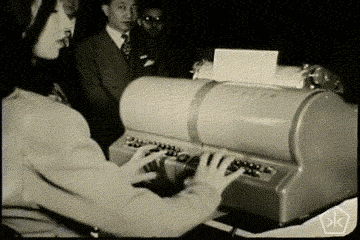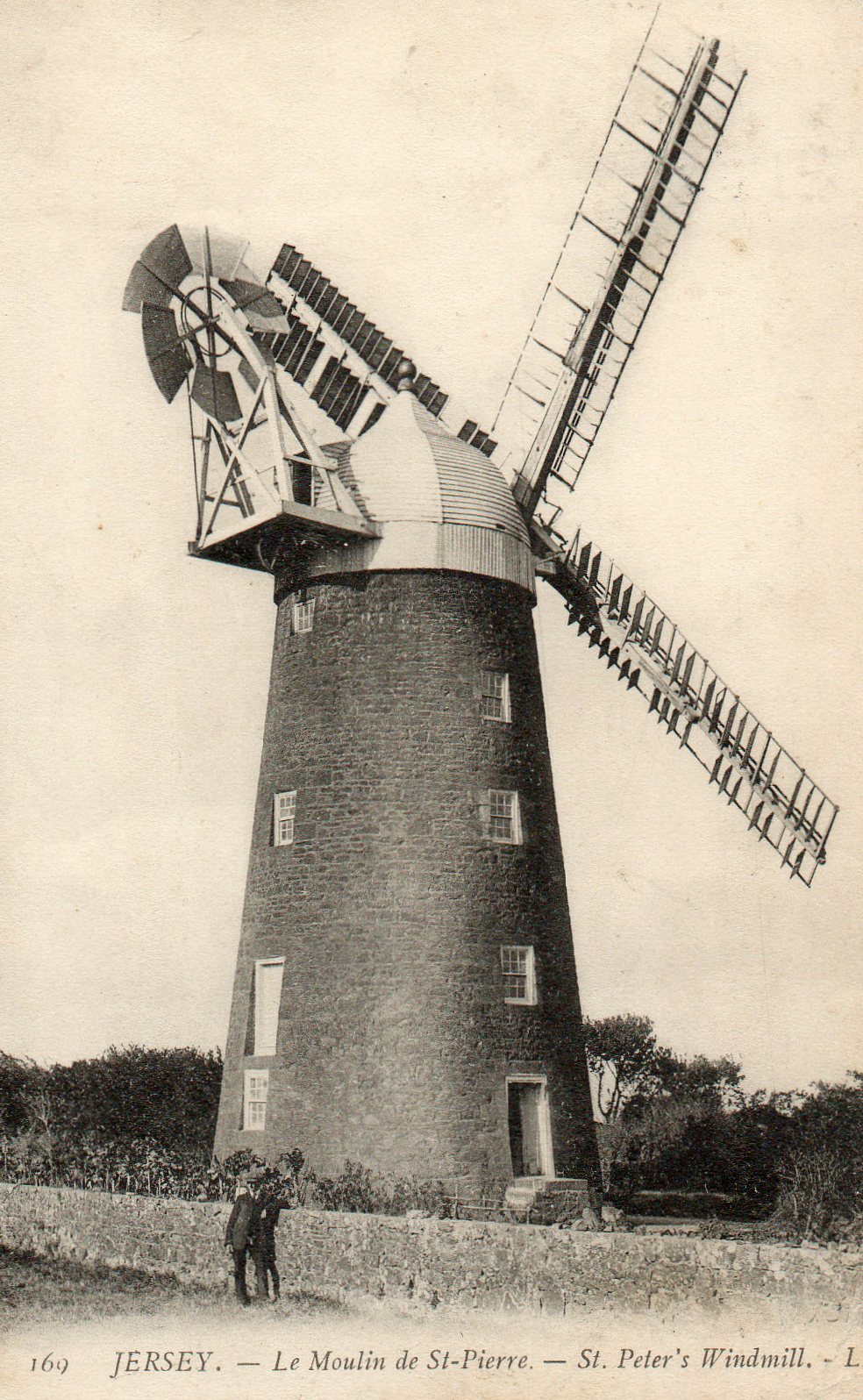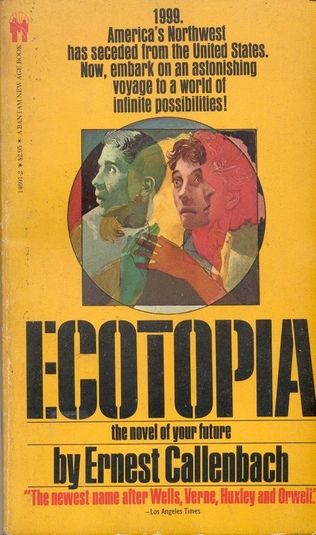Ernest Callenbach’s speculative 1974 novel, Ecotopia, is a fun read if you get the chance. It imagines a future world in which much of the American Northwest secedes from the union and creates an environmentally conscious, car-free nation, though one that doesn’t shy from the powers of technology. The author tries to pinpoint what printed media would become in this brave new world, rightly envisioning computer connectivity and self-publishing book machines, though not the Internet’s paperless reality. Callenbach also didn’t get caught up in the type of thorny copyright issues that face something like Google Books. An excerpt:
The newspapers, which are even smaller than our tabloids, are actually sold through electronic print-out terminals in the street kiosks, in libraries, and at other points; and these terminals are connected to central computer banks, whose facilities are ‘rented’ by other publications. Two print-out inks are available, by the way; one lasts indefinitely, the other fades away in a few weeks so the paper can be immediately re-used.
This system is integrated with book publishing as well. Although many popular books are printed normally, and sold in kiosks and bookstores, more specialized titles must be obtained through a special print-out connection. You look the book’s number up in the catalogue, punch the number on a juke-box-like keyboard, study the blurb, sample paragraphs, and price displayed on a videoscreen, and deposit the proper number of coins if you wish to buy a copy. In a few minutes a print-out of the volume appears in a slot. These terminals, I am told, are not much used by city dwellers, who prefer the more readable printed books; but they exist in every corner of the country and can thus be used by citizens in rural areas to procure copies of both currently popular and specialized books. All of the 60,000-odd books published in Ecotopia since independence are available, and about 50,000 earlier volumes. It is planned to increase this gradually to about 150,000. Special orders may also be placed, at higher costs, to scan and transmit any volume in the enormous national library at Berkeley.•



